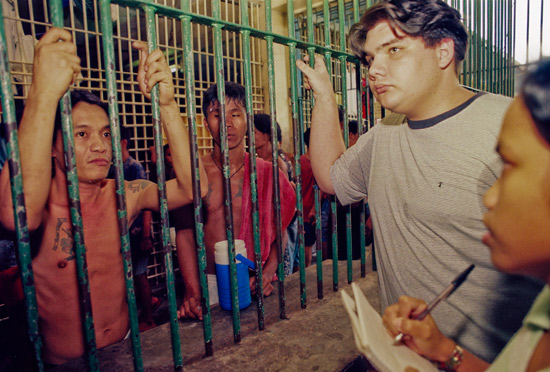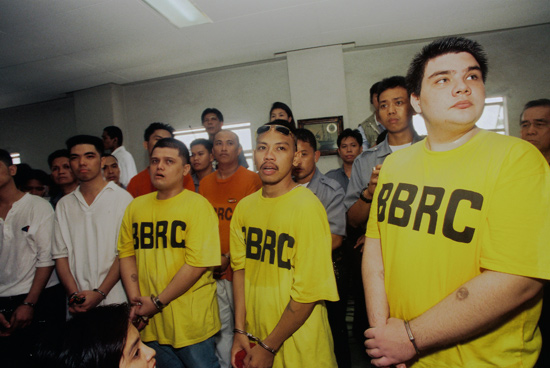Everyday brings a better world for the independent filmmaker. Why should today not be like all others?
I was glad to receive today’s press release announcing Cinedigm’s new endeavor. I was even gladder though to learn of it, which is why I gave them this quote expressing it!
CINEDIGM DIGITAL CINEMA LAUNCHES INDIE DIRECT™, A FULL SERVICE THEATRICAL DISTRIBUTION AND MARKETING SOLUTION FOR INDEPENDENT FILMS
Utilizing the Digital Cinema Backbone, Indie Direct™ Navigates Indies Through Theatrical Release Process
Woodland Hills, CA, September 7, 2011 – Cinedigm Digital Cinema Corp. (NASDAQ: CIDM), the global leader in digital cinema, today announced the formation of Indie Direct™, a full service distribution and marketing solution for independent film producers and distributors.
Utilizing the digital cinema backbone, Indie Direct™ provides independent producers access to Cinedigm’s long-time industry standard services for managing theatrical digital distribution, including booking software, content delivery, sales, distribution strategy, marketing planning and execution and box office recoupment.
“From day one of digital cinema, Cinedigm has been at the forefront of deployment and installations,” said Chris McGurk, Chairman and CEO of Cinedigm Digital Cinema. “With Indie Direct™, we have tapped into our many years of experience and expertise to pioneer a turnkey method for indie producers to benefit from the flexible, precise and efficient distribution model digital cinema enables. Now, indie producers can reap the benefits of a full service studio in a one-stop shop.”
“Cinedigm is offering independent film makers autonomy to control their own destiny with Indie Direct™,” said Ted Hope, acclaimed independent producer of such films as 21 Grams, American Splendor and In the Bedroom. “Anything we can do to strengthen the indie community is vital to the health of the entertainment industry overall and I applaud their efforts.”
The first two production entities to sign up for Indie Direct™ are ARC Entertainment and Seven Arts Pictures. ARC is using the highest level of Indie Direct™ for eight titles it is releasing by the end of the year, including a horror film double feature with Zombie Diaries and Hellraiser, Smell of Success, Revelations, Killing Bono, Bunraku, Greening of Whitney Brown, Sundance Film Festival pick-up Knuckle, and Snowmen. Seven Arts Pictures will be using Indie Direct™ for the US release of The Pool Boys on September 30, 2011.
”A theatrical run tremendously enhances the value of the ancillary downstream revenue opportunities for our projects,” said Trevor Drinkwater, CEO of ARC Entertainment. “Cinedigm’s Indie Direct™ makes that theatrical play both efficient and affordable.”
”We are pleased that Indie Direct™ promotes the independent film community by putting a theatrical release within reach, both financially and from an execution perspective, ” said Jill Newhouse Calcaterra, Chief Marketing Officer, Cinedigm. “Previously producers had to go to multiple vendors for these services that are now available under our one roof.”
Completely customizable based on scope of needs and project release, the suite of services provided by Indie Direct™ includes:
· Booking software
· Distribution strategy
· Sales
· Content management and delivery
· In theatre marketing
· Box Office tracking, settlement and collections
· Marketing strategy planning
· Marketing execution
· Publicity campaign strategy and execution
About Cinedigm
Cinedigm is a leader in providing the services, experience, technology and content critical to transforming movie theatres into digital and networked entertainment centers. The Company partners with Hollywood movie studios, independent movie distributors, and exhibitors to bring movies in digital cinema format to audiences across the country. Cinedigm’s digital cinema deployment organization, software, satellite and hard drive digital movie delivery network; pre-show in-theatre advertising services; and marketing and distribution platform for alternative content such as CineLive® 3-D and 2-D sports and concerts, thematic programming and independent movies is a cornerstone of the digital cinema transformation. Cinedigm™ and Cinedigm Digital Cinema Corp™ are trademarks of Cinedigm Digital Cinema Corp. www.cinedigm.com




